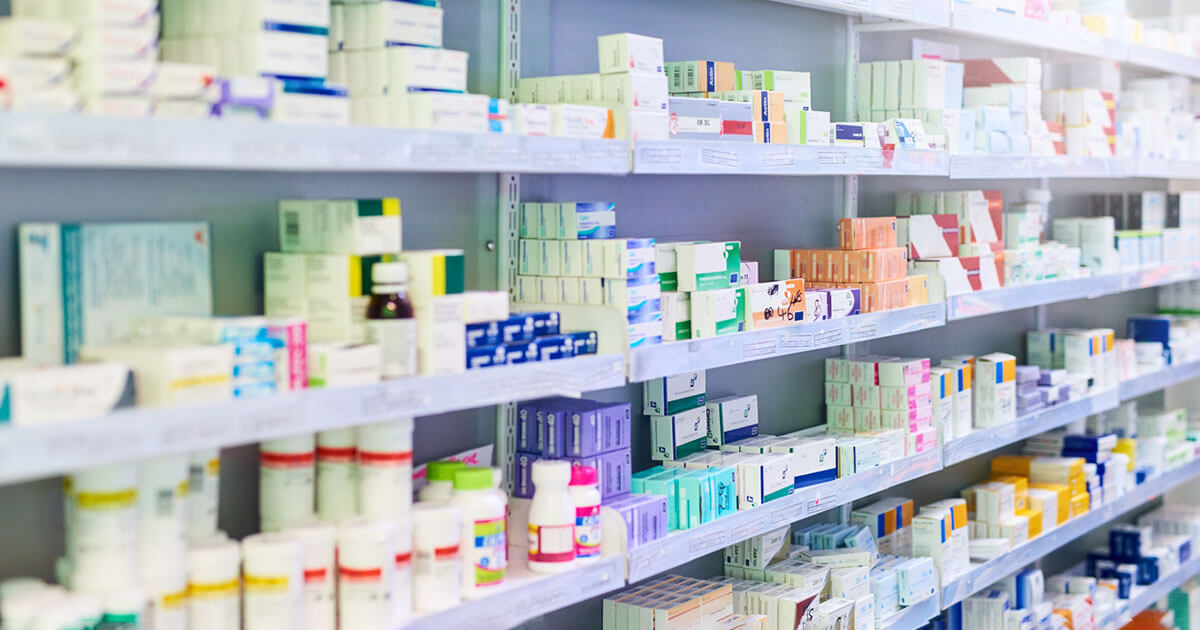Lockdown was associated with improved glycaemic control in those with type 1 diabetes. 18 studies of people with type 1 diabetes demonstrated significant improvements in glycaemic control, 4 showed no change and 3 studies demonstrated deterioration. A meta-analysis of the data in those with type 1 diabetes demonstrated a mean HbA1c reduction of 0.05% (0.5 mmol/mol) across 11 of the 25 studies, and 3.75% increased time in range in 11 of the studies (Eberle and Stichling, 2021).
In those with type 2 diabetes, 4 of the 8 studies demonstrated deterioration in glycaemic control during lockdown, with only 2 studies showing some improvement. Overall, there was an average increase in HbA1c of 0.14% (1.5 mmol/mol) over lockdown. Three studies reported non-significant increases in weight and BMI, which the authors attributed to people having developed unhealthy habits, such as increased snacking, more screen time and less activity, during lockdown conditions. Lack of sleep and increased stress and anxiety were also postulated to have contributed.
The authors concluded that the improvements in glycaemic control in those with type 1 diabetes were likely to have been due to positive changes in self-care and availability of digital diabetes management, and that further research is required to better understand what was involved. Likewise, it is important to understand contributing factors for the deterioration in control in those with type 2 diabetes, particularly as this was a smaller group in this study.
In the UK, it appears that many people with type 2 diabetes have gained weight over the last 18 months, including during lockdown, and the weight gain has been associated with deterioration in glycaemia despite maintenance of drug treatment. How much of this is due to the lack of reviews versus the natural history of type 2 diabetes progression is unclear.
The study was presented at the 57th EASD Annual Meeting and published in Diabetology & Metabolic Syndrome. Click here to read the study in full.






The mortality benefits of smoking cessation may be greater and accrue more rapidly than previously understood.
2 Apr 2024